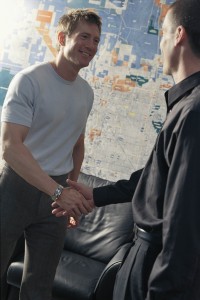 Discover the Other workshops are designed around four simple and memorable “keys to relationships”. They are:
Discover the Other workshops are designed around four simple and memorable “keys to relationships”. They are:
1. Stepping out of your comfort zone
Fear of the unknown “other” keeps us confined to what is familiar and “secure”. The first step towards building better relationships is to overcome our fear and reach out. It is inevitable that we will make mistakes and maybe accidentally cause offense. Learning to deal with this with humour and humility is all part of the process.
2. Listening
Listening does not come naturally to most people. Our minds are usually too full of our own ideas, judgements and the next thing WE want to say. So we don’t take in very much of what others are saying to us.
In order to listen effectively we must learn to understand ourselves better, to become aware of our own internal filters. Difficult experiences in our past may cause us to have strong reactions to things other people say or do which are more to do with us than with them.
Yet it seems to be a basic human need that we feel others are listening to us. It means that we are understood and accepted. When we learn to really listen, and then to show others that we have listened, we have a powerful tool for building better relationships.
3. Focus on “what is right” not “who is right”
We are all shaped by the world-view of the cultures we come from, and tend to assume that our values are the right ones. If we approach people with the attitude that our culture and values are better than theirs we get sucked into “compare and contrast” arguments, which lead to division.
But how do we find “what is right”?
Fortunately there are core values common to all humanity and found across all the great faith-traditions:
- Honesty – not deceiving others or ourselves.
- Purity – freedom from being controlled by our desires or our fears and insecurities.
- Unselfishness – a commitment to fairness and justice and a willingness to share.
- Love – a quality of the heart which lies at the root of all the core values. A readiness to let go of hatred and jealousy. A commitment to forgiveness.
Guided by these values, we can also search for the “inner voice of wisdom” which speaks to us out of silence.
4. Starting with yourself
It is always easy to point the finger of blame, to see where other people should change. Yet so long as we blame other people we remain victims, powerless to act. The only person we have power to change is… ourselves!
Are there things that I, or my group/community, have done which are part of the problem?
How can I/we become part of the solution?
